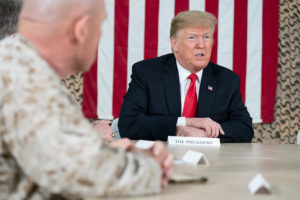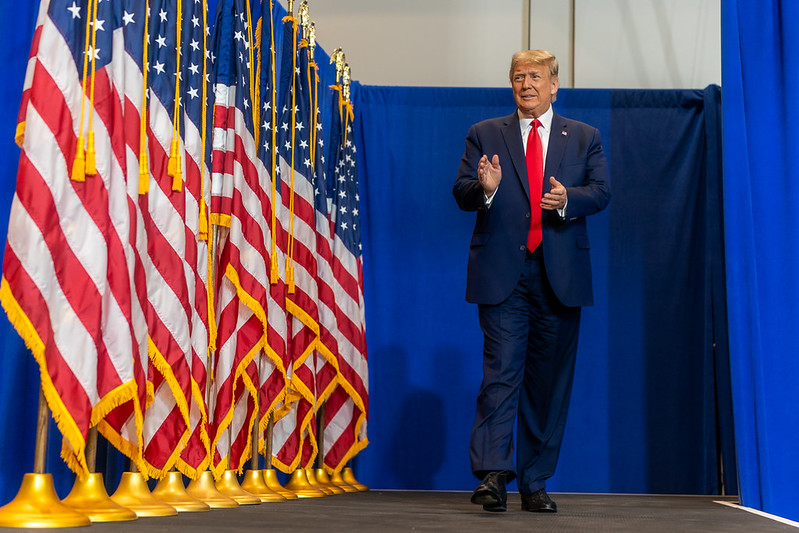
Walter Russell Mead says the Middle East’s “economic and social conflicts,” destabilize the region. Despite America’s power, says Mead, the U.S. can’t resolve the region’s problems. He writes (abridged):
Iraq isn’t the only country in the region that is trapped in a cycle of dysfunctional governance and blocked development.
The forces that produced the Arab Spring—and those that frustrated it—remain at work in the region.
Until and unless a path opens for serious economic development, the Middle East will continue to produce despotism, revolution, large streams of migrants, and fanatical religious armies and cults.
Mr. Trump isn’t the first U.S. president to try to hold America back from a Middle East conflict. President Obama made a similar, and similarly hasty, decision in 2013 when he chose not to respond to Syria’s violation of his chemical weapons “red line” with a military strike. Many of the same people criticizing Mr. Trump today criticized Mr. Obama then, and the subsequent course of the Syrian war underlined both the humanitarian and the strategic case against Mr. Obama’s decision.
Mr. Trump’s Syria decision may also prove to be a mistake, but it should give the establishment pause that two presidents as different as Messrs. Obama and Trump reached similar conclusions about the political risks in the Middle East.
The U.S. may be the most powerful actor in the region, but it can’t resolve the economic and social conflicts that destabilize the Middle East. As long as this is the case, those who want presidents to commit to long-term military engagements, however limited and however advantageous, must expect a skeptical hearing in the Oval Office.
Read more here.
Is there a Trump Doctrine?
If you’re willing to fight for Main Street America, click here to sign up for my free weekly email.




